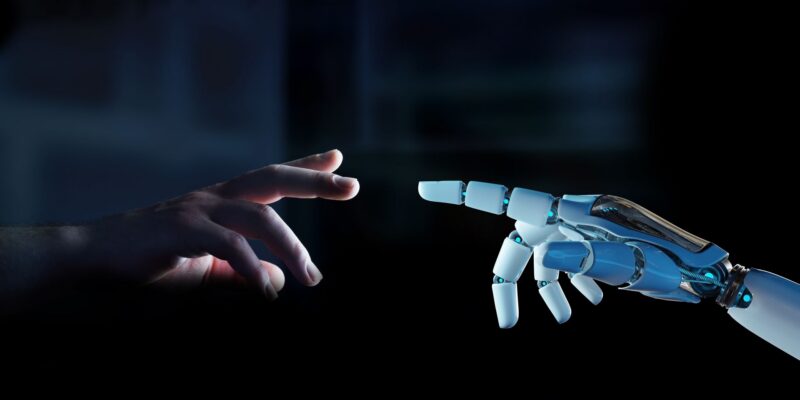Drifting silently in the cramped quarters of a spacecraft millions of miles from Earth, an astronaut clutches their side, wincing at a sudden, unfamiliar pain. There’s no doctor onboard, no emergency room to rush to — only isolation and the ticking clock of a medical crisis in space. Scenarios like this are exactly what Eric Du, Ph.D., and his team are working to address.
While space research often brings up images of distant worlds and cosmic phenomena, Du is focused on a more immediate challenge: safeguarding astronaut health. As NASA and other space agencies prepare for extended missions to the moon and Mars, the ability to diagnose and treat medical issues remotely, including procedures like ultrasounds, is no longer a distant ideal, but a vital necessity for life beyond Earth.
Du’s research, supported by NASA, is focused on making sure they don’t have to wait that long to act.
Du, a professor in the Herbert Wertheim College of Engineering and a member of the Astraeus Space Institute at the University of Florida, is developing new ways for astronauts to control robotic hands — even when communication delays make real-time operation impossible. His work was recently featured in a BBC Future article examining why robotic hands remain one of the biggest technical hurdles in robotics.
“Human hands are incredibly sensitive and flexible,” Du told the BBC. “Replicating that ability in machines, and then allowing humans to intuitively control them under delay, is a huge challenge.”
